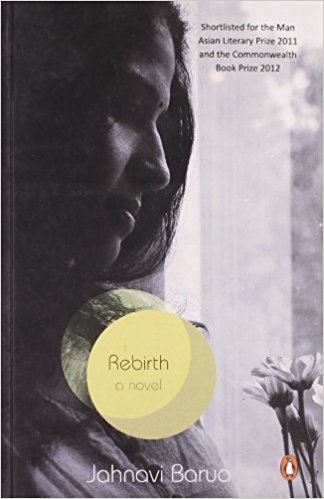Jahnavi Barua’s Rebirth reminds one of love poetry where the inner landscape of the narrator is mapped on to the outer landscape that sometimes reveals and sometimes affects the states of his/her heart. In this novel, which travels from disappoint-ment to grief to placidity to hope, the landscapes of Bangalore and Guwahati appear to mirror the meanderings of the narrator’s heart. This is the story of Kaberi, of her struggles, her sorrows and her homecoming. Kaberi is a married woman, who is experien-cing a tumult of emotions at a defining stage of her life; she is carrying her baby in her womb, and dealing with a failed marriage marked by years of frustrated attempts at conceiving a baby and her husband’s affair with another woman. In a refreshing and individual narrative style, Kaberi addresses the novel to her baby, who is a part of her yet distinct from her. The narrative is therefore spontaneous and natural and more importantly, warm. The objectivity as well as emotional appeal of the narrative is perfectly balanced by Barua so that it is untouched by the voyeuristic aspect of reading someone’s diary and is not coldly journalistic either.
The narrative shifts between two contours of Kaberi’s life—Bangalore where she lives and has made a home and life for herself, and Guwahati which is her homeland that travels with her and haunts her always. The penetrating and reflecting eye of Barua makes it possible to bring Bangalore and Guwahati alive to the reader, even while the narrator is away from either.
Continue reading this review

